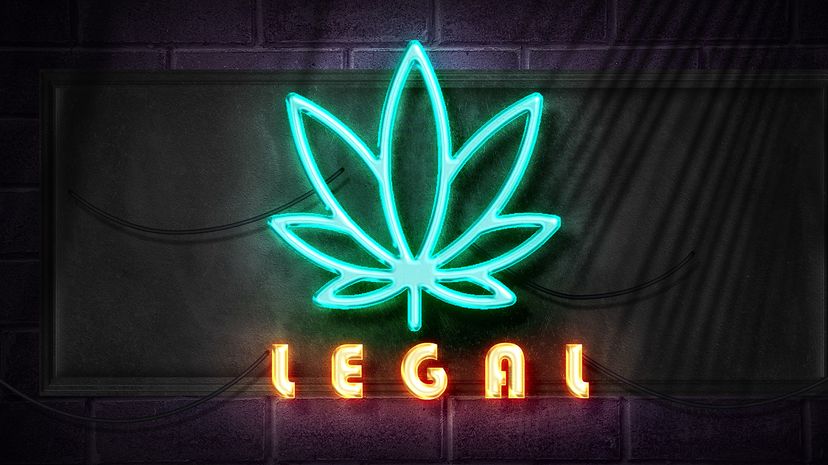
As a remnant of the legacy of President Nixon and the Controlled Substance Act of 1970, cannabis plants are still categorized as Schedule I narcotics at the federal level. Although federal law remains less progressive than state laws, several states with legal weed permit medical or recreational use for citizens.
As of publication, there are currently 24 states — plus the District of Columbia — which have fully legalized weed for adult use, while only six states are standing their ground with no path to marijuana legalization in the foreseeable future.
Advertisement
Marijuana laws are dynamic across all 50 states, and specific laws around the legalization of medical and recreational use can quickly change within a state. Although varied and changing laws can be confusing, it's important to research and respect the laws within a state if you are a current resident or visiting as a tourist.